The four-part report critically examines the country’s agriculture value chain state, state of affairs post-COVID-19, the climate change challenge and opportunities for innovations and investments.
Bukola Awosanya, Group Head of Agric Finance and Solid Mineral at Sterling Bank, said the industry report empowers players in the agriculture sector with a navigation roadmap. And affirms Sterling Bank’s commitment to de-risking and making the domestic agriculture value chain more viable for commercial lending.
“The goal of the report is to help investors and operators understand the challenges facing the sector, consider recommendations by experts, and become aware of relevant opportunities, both now and in the future. It would empower them to support policymakers to craft policies that would create the enabling environment that the sector needs to thrive,” Awosanya informs.
According to the agric finance expert, the industry report is a continuum of the bank’s annual Agriculture Summit Africa (ASA) held for three consecutive years since 2018. It supports the bank’s goal of creating a pathway for lending to farmers and other value chain players without intervention funds, making it possible for the federal government to free up funds allocated to subsidising the sector to other industries.
She disclosed that the first part of the report provided an overview of the agricultural value chain and analysed some of the conditions that led to the sector’s underdeveloped state.
While the second part reviewed the impact of the COVID-19 pandemic on the country’s agriculture sector, response to the pandemic, and lessons learnt from other countries on the need to build a more resilient agricultural sector.
The third part explored how climate change impacts the sector, highlighting ways stakeholders can overcome the challenge. And the fourth part of the report explored opportunities for innovation and investments and how recent innovation is transforming the industry.
Michael Famoroti, Chief Economist at Stears, said the Agriculture Industry Report 2021 provides insights and actionable recommendations for future-proofing the sector from severe disruptions such as the COVID-19 pandemic. He added that the recommendations are essential for all stakeholders and a valuable resource for building a resilient and commercially viable industry.
In the main, the Agriculture Industry Report 2021 powered by Sterling Bank and StearsData shows that Nigeria’s agricultural sector is operating below its potential, “even by its standards.” It identified the inefficiencies that slowed and crippled the growth of the sector.
The industry report indicated that continued reliance on trade restrictions as a primary tool for stimulating local production would lead to greater market instability. It will undermine supply and expose consumers to significant price fluctuations, making food security elusive as population growth puts more pressure on food resources.
COVID-19 and its attendant shock, according to the report, makes an agricultural sector that is more resilient to shocks an imperative. More importantly, the effects of climate change which continue to pose a real long-term threat.
It, therefore, advocated improved production methods that are more efficient and sustainable, investing in large scale storage so that nationa reserves are sufficient in times of crisis or implementing a public sector framework such that issues that concern the sector can be assessed by the appropriate bodies and a coordinated response is pushed out in a timely manner.
The Agriculture Industry Report 2021 also advised policymakers to protect the blossoming innovation ecosystem in the sector with consistent policies and collaborate to foster growth. It suggested a value chain approach so critical links are not ignored when designing solutions for the sector.
It said, “As Nigeria inches out of another recession, there is no better time to take steps that support its resolute claims that the performance of its agriculture sector is key to its long-term growth.”
StearsData is a data collection, analytics, and data access division of Stears, a digital information company. Agriculture, on the other hand, is one of the five sectors of the economy that Sterling Bank focuses on as part of its effort to accelerate industrialisation and reduce poverty through sectors that impact the quality of life of millions of Nigerians. The other sectors are health, education, renewable energy, and transportation.

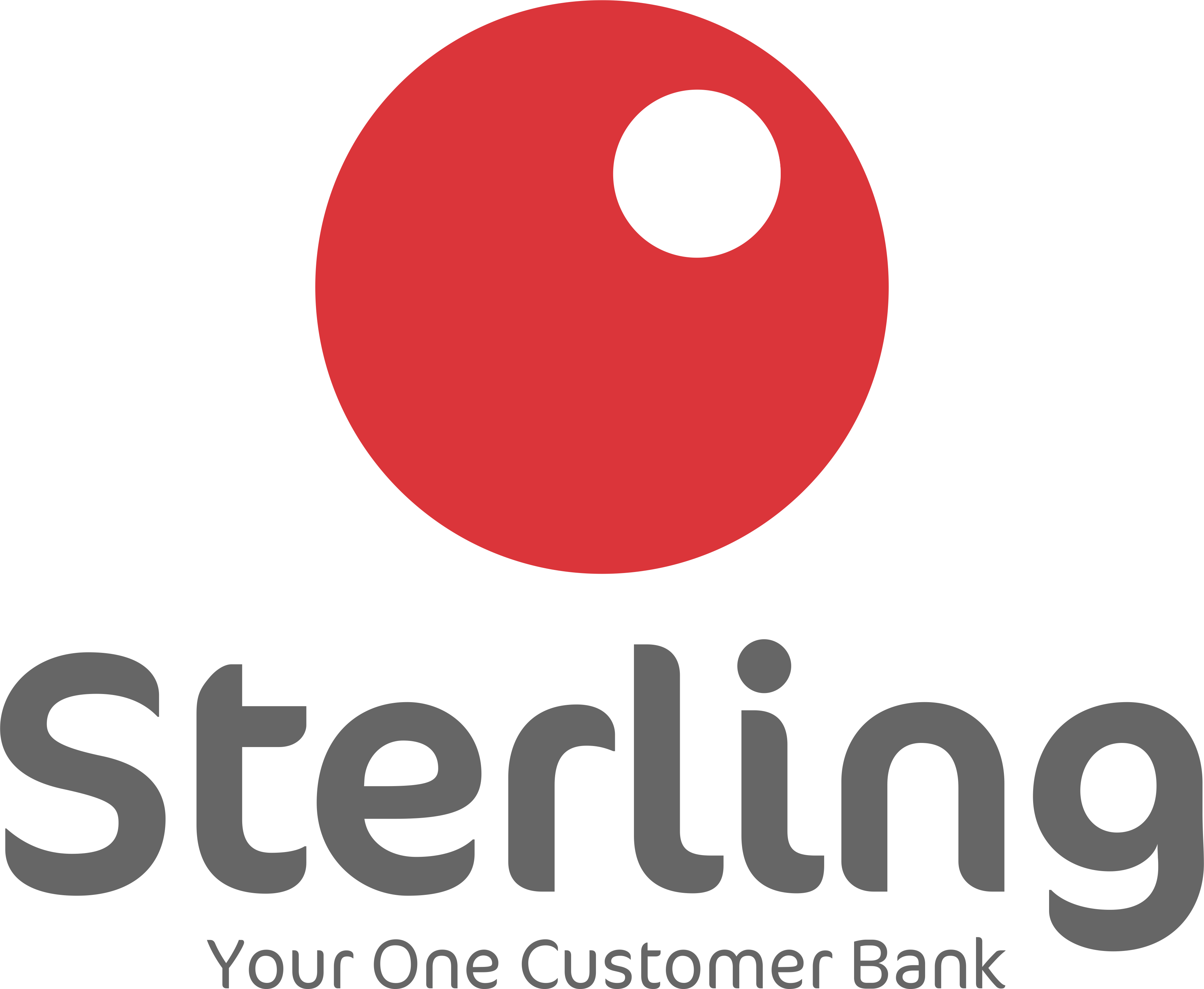
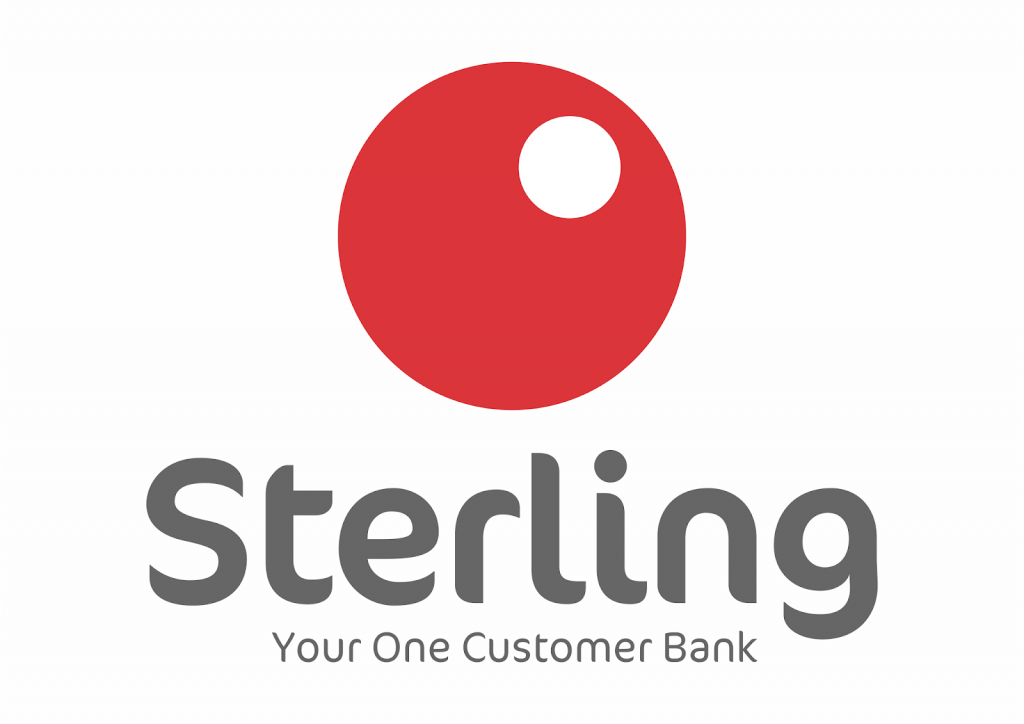 Sterling Bank Plc. in partnership with StearsData, has released an in-depth report for the agriculture sector in Nigeria. The report titled Agriculture Industry Report 2021 provides the most up-to-date view of the challenges and opportunities in Nigeria’s agriculture sector in a COVID-19 era.
Sterling Bank Plc. in partnership with StearsData, has released an in-depth report for the agriculture sector in Nigeria. The report titled Agriculture Industry Report 2021 provides the most up-to-date view of the challenges and opportunities in Nigeria’s agriculture sector in a COVID-19 era.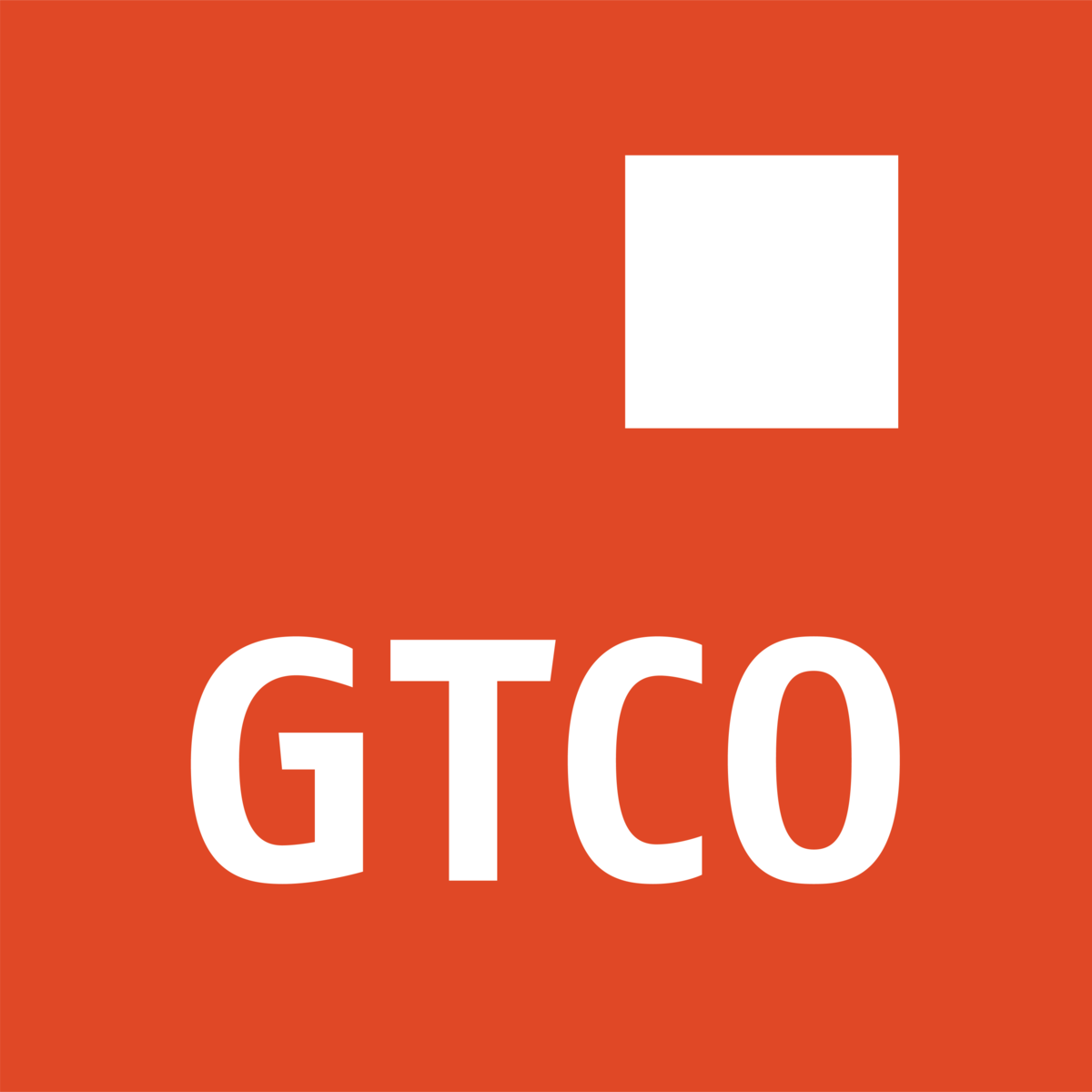
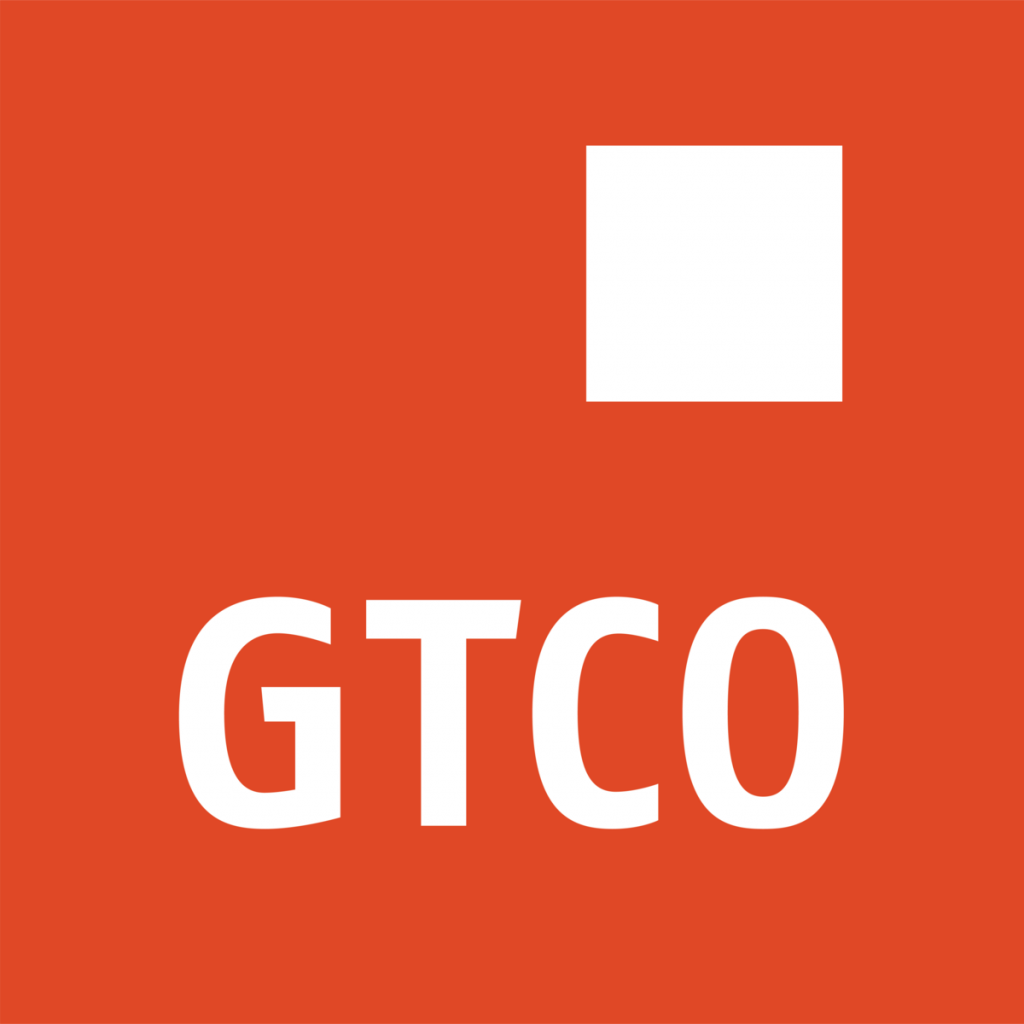 Guaranty Trust Holding Company Plc (GTCO Plc), Africa’s leading and most profitable Financial Services Group, has recorded a significant milestone in its growth and expansion journey with the successful admission of its Ordinary Shares to the Equity Shares (International Commercial Companies Secondary Listing) category of the Official List of the Financial Conduct Authority (FCA) and to trading on the main market for listed securities of the London Stock Exchange.
Guaranty Trust Holding Company Plc (GTCO Plc), Africa’s leading and most profitable Financial Services Group, has recorded a significant milestone in its growth and expansion journey with the successful admission of its Ordinary Shares to the Equity Shares (International Commercial Companies Secondary Listing) category of the Official List of the Financial Conduct Authority (FCA) and to trading on the main market for listed securities of the London Stock Exchange.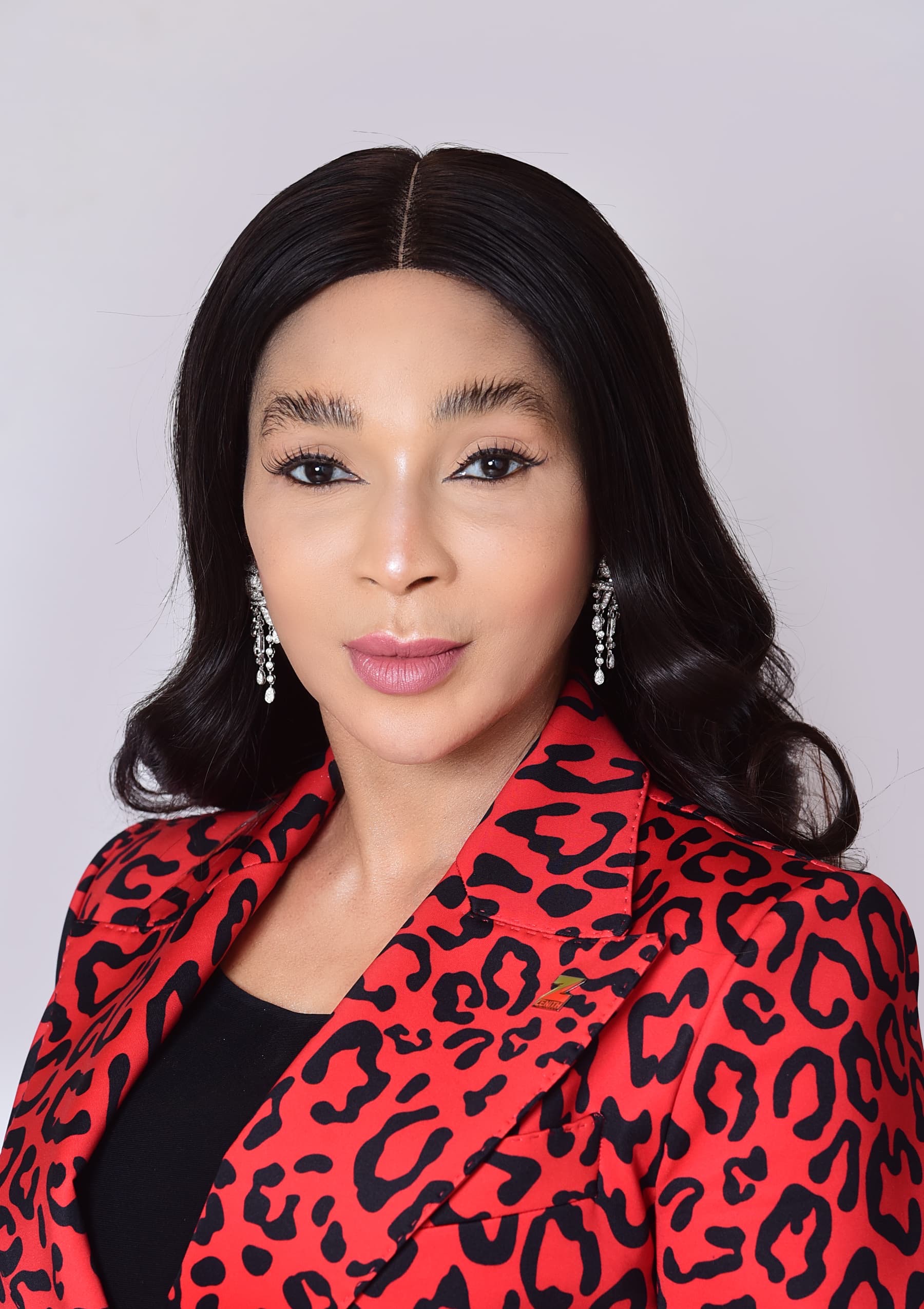
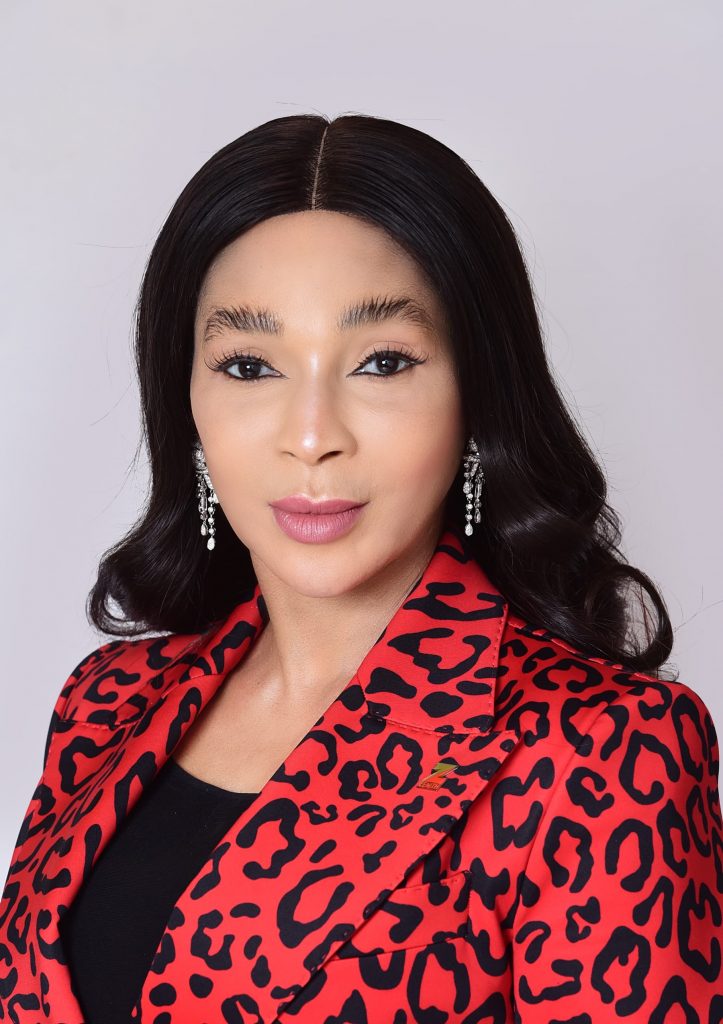 Zenith Bank Plc has retained its position as the Number One Bank in Nigeria by Tier-1 Capital for
Zenith Bank Plc has retained its position as the Number One Bank in Nigeria by Tier-1 Capital for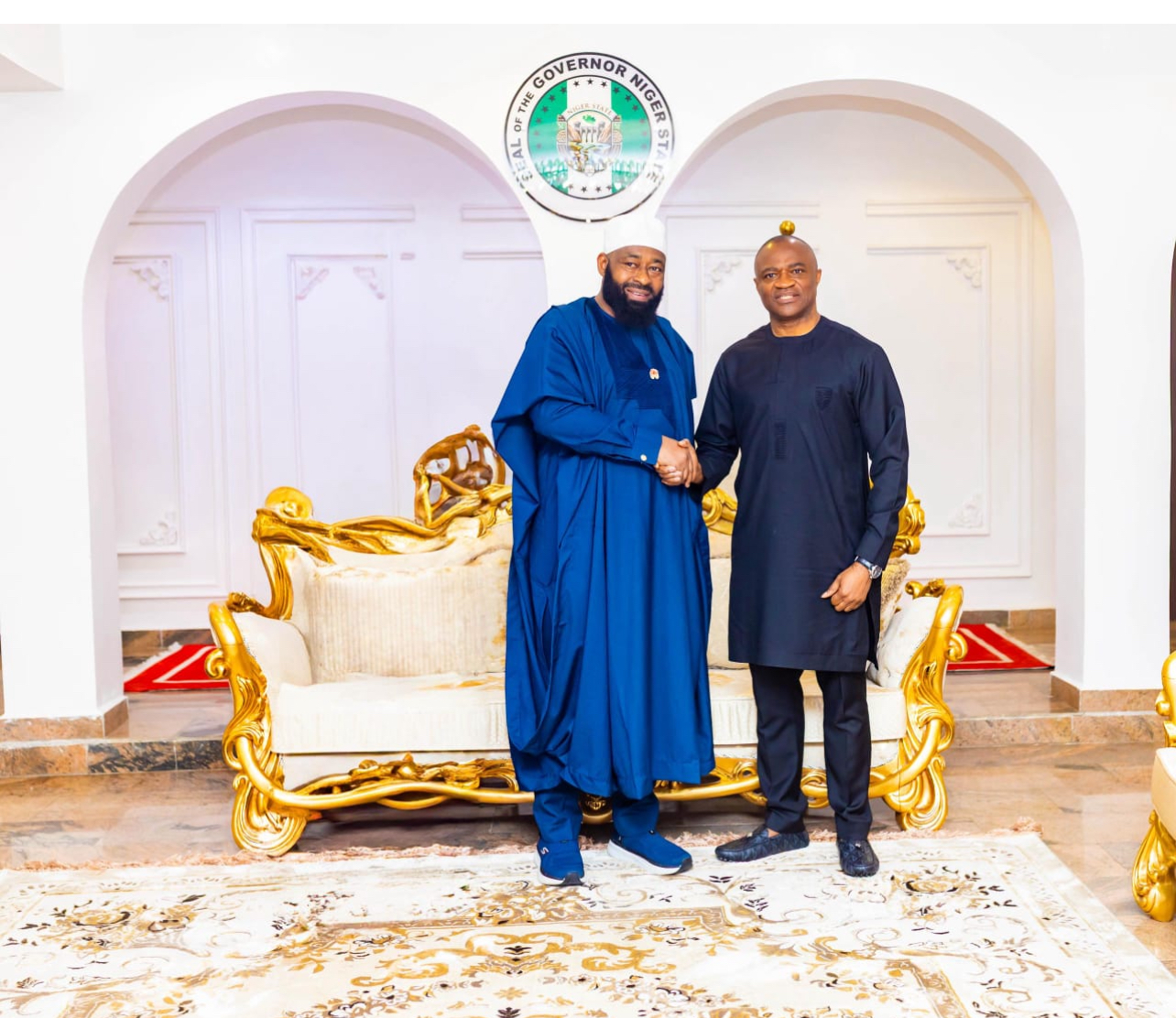
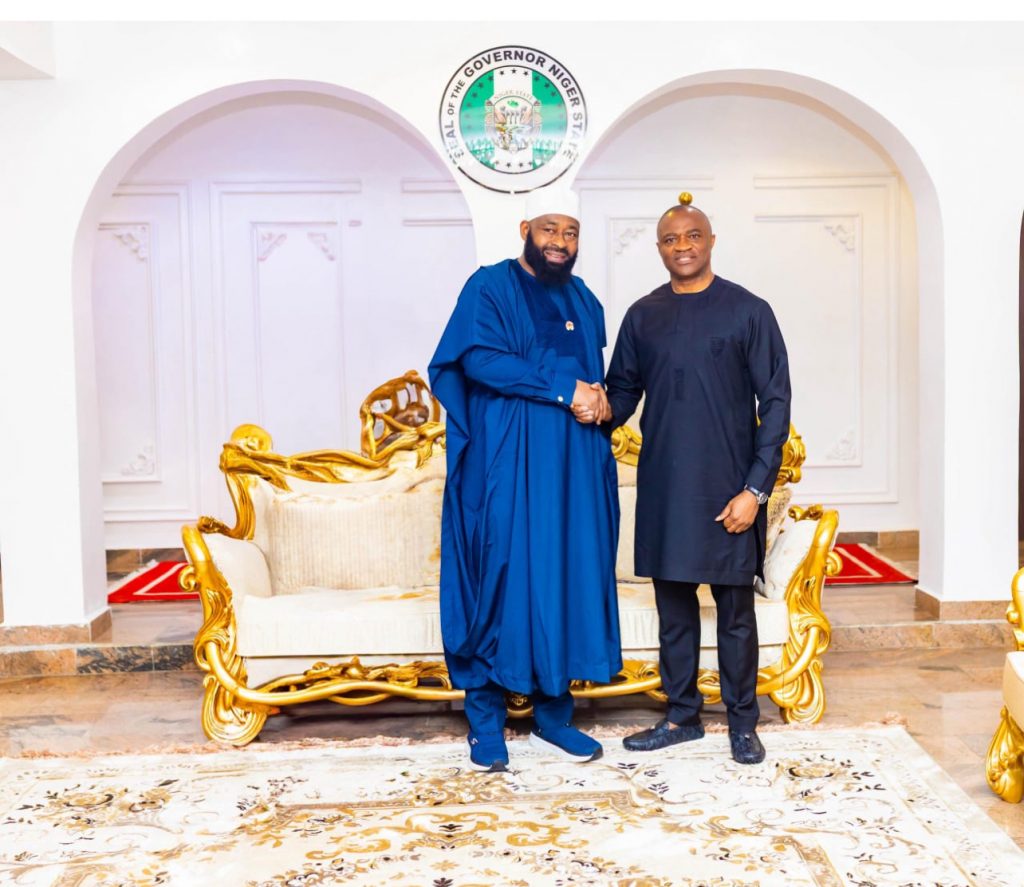 Pix 1 L-R: Registrar & Chief Executive of the Chartered Institute of Bankers of Nigeria (CIBN) Akin Morakinyo; Managing Director and Chief Executive Officer of Keystone Bank Limited, Mr. Hassan Imam; Group Managing Director/Chief Executive, Zenith Bank, Dame (Dr.) Adaora Umeoji; The Executive Governor of Niger State, His Excellency, Governor Mohammed Umaru Bago; Chairman, Body of Bank CEOs and Group Managing Director/CEO, United Bank for Africa (UBA) Plc, Oliver Alawuba; Managing Director Taj Bank Mr. Hamid Joda; and Secretary to the Government of Niger State (SSG), Alhaji Abubakar Usman during the donation of relief materials from the Body of Bank CEOs in Nigeria, aimed at supporting victims of the recent devastating floods in Mokwa Local Government Area held at the Niger State House in Abuja at the weekend.
Pix 1 L-R: Registrar & Chief Executive of the Chartered Institute of Bankers of Nigeria (CIBN) Akin Morakinyo; Managing Director and Chief Executive Officer of Keystone Bank Limited, Mr. Hassan Imam; Group Managing Director/Chief Executive, Zenith Bank, Dame (Dr.) Adaora Umeoji; The Executive Governor of Niger State, His Excellency, Governor Mohammed Umaru Bago; Chairman, Body of Bank CEOs and Group Managing Director/CEO, United Bank for Africa (UBA) Plc, Oliver Alawuba; Managing Director Taj Bank Mr. Hamid Joda; and Secretary to the Government of Niger State (SSG), Alhaji Abubakar Usman during the donation of relief materials from the Body of Bank CEOs in Nigeria, aimed at supporting victims of the recent devastating floods in Mokwa Local Government Area held at the Niger State House in Abuja at the weekend.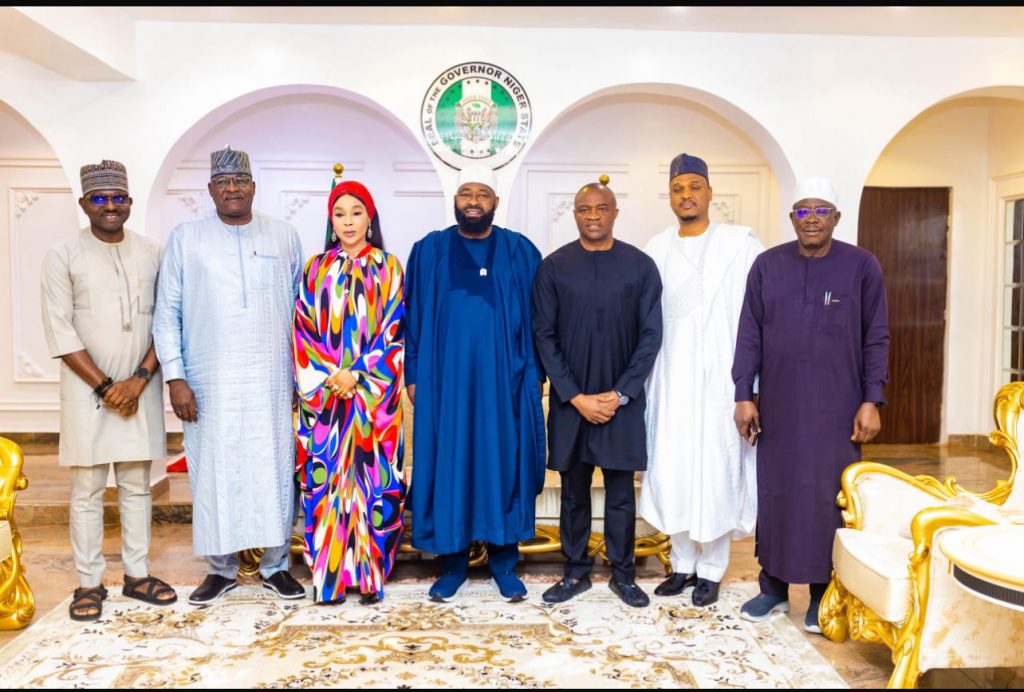 The Executive Governor of Niger State, His Excellency, Governor Mohammed Umaru Bago; Chairman, Body of Bank CEOs and Group Managing Director/CEO, United Bank for Africa (UBA) Plc, Oliver Alawuba during the donation of relief materials from the Body of Bank CEOs in Nigeria, aimed at supporting victims of the recent devastating floods in Mokwa Local Government Area held at the Niger State House in Abuja at the weekend
The Executive Governor of Niger State, His Excellency, Governor Mohammed Umaru Bago; Chairman, Body of Bank CEOs and Group Managing Director/CEO, United Bank for Africa (UBA) Plc, Oliver Alawuba during the donation of relief materials from the Body of Bank CEOs in Nigeria, aimed at supporting victims of the recent devastating floods in Mokwa Local Government Area held at the Niger State House in Abuja at the weekend









